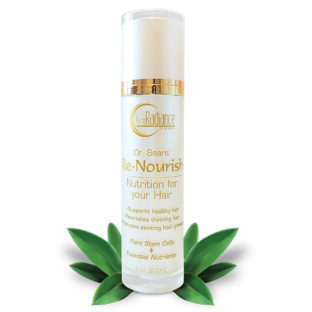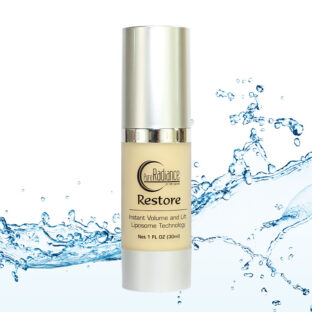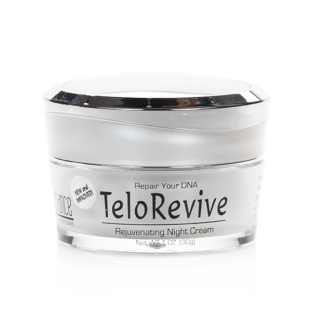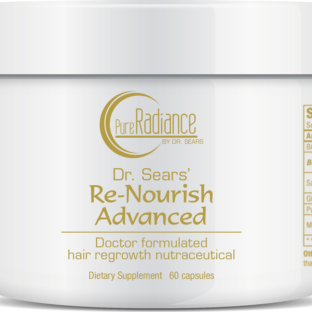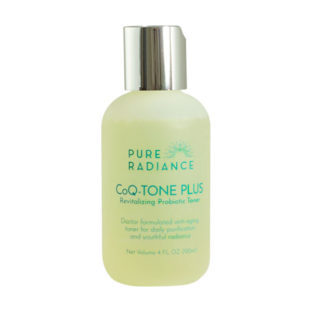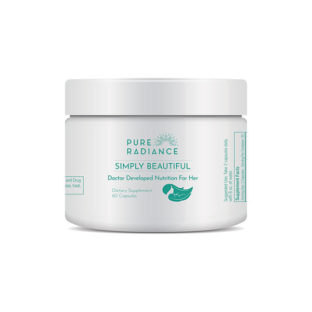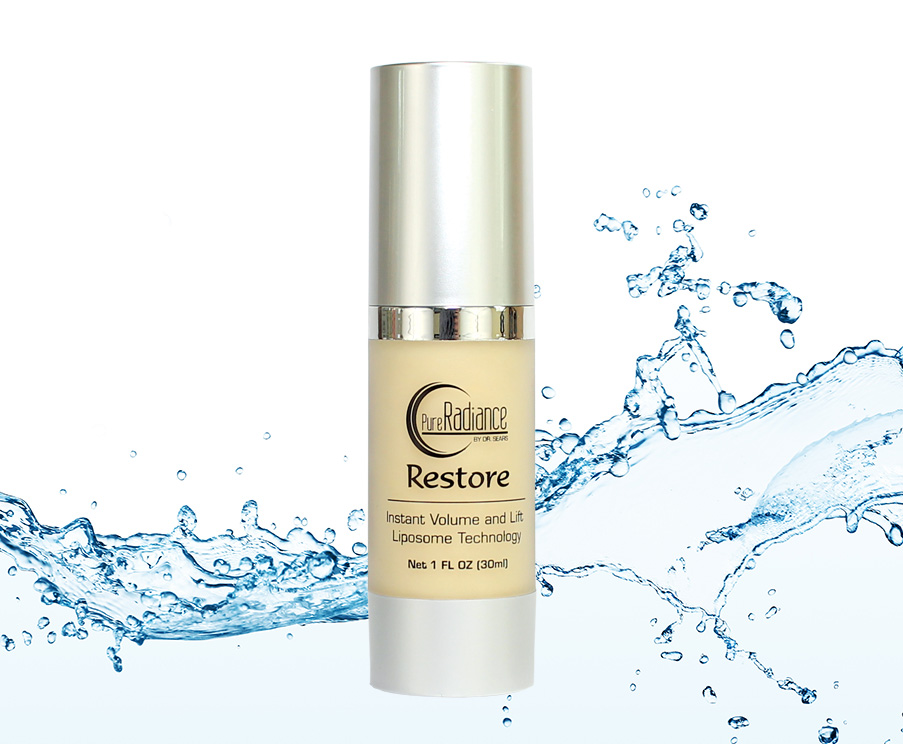One of my patients came to me quite frustrated last week. She was suffering from another rosacea outbreak.
“I’ve been told not to drink wine, not to eat chocolates, not to go outside,” she said. “I’m missing out on all the fun, and I still end up a mess!”
I hear this from patients all the time. They feel like they can’t do what they like. And they’re tired of spending their hard-earned money on expensive ointments and prescription drug treatments.
They may reduce some of your rosacea symptoms. But they do nothing to cure the condition.
So, after you’ve spent all that money and avoided the things you enjoy, you’re still gonna have the same problem. The redness, swelling, and acne flares right back up again.
But there is good news…
It turns out rosacea isn’t just about the skin. Like most skin issues, the problem starts on the inside. Many times, it’s the result of an imbalance of intestinal bacteria.
You see, researchers have discovered that many rosacea sufferers have an excess of harmful bacteria in their intestines.1 This creates a toxic environment. And it produces all sorts of inflammation, including rosacea.
It can also lead to digestive disorders, making it harder to digest your food. That may be why rosacea has such a long list of food triggers. Among the list are chocolate, vanilla, eggplant, spicy food, alcohol, and many more.
But your immunity is increased when you’re able to balance the healthy flora in your intestines. And that, in turn, reduces inflammation and outbreaks of rosacea.
Here are some recommendations I make to my patients to help improve their digestive and intestinal health to prevent flare-ups:
- Add a probiotic supplement to your diet. They’re chock full of friendly flora that prevents the overgrowth of harmful bacteria in your digestive system and intestines.
- Spirulina and other green foods promote healthy intestinal flora, too. Plus, they have chelation activity that binds to toxins in your body to help rid yourself of impurities. You can get spirulina in green drinks or capsules.
- Many people who have rosacea and digestive disorders also have B-vitamin deficiencies. So start taking a regular course of B-complex vitamins. I suggest at least 50 mg of B-complex daily.
- When you moisturize, consider a formula that contains rose hips. Rose hips are high in vitamin C that can strengthen your capillaries and help reduce some of the redness associated with rosacea. Plus, the omega fatty acids found in rose hips can help protect your skin cells from damage.
Best Wishes for Health and Beauty,
Tara Smith, ARNP, NP-C
Tara Smith, ARNP NP-C, is a board-certified nurse practitioner for Dr. Sears’ Center for Health & Wellness in Royal Palm Beach, FL. Her medical concentration is on aesthetics, teaching and family practice. Tara is conducting research trials into novel ways of naturally boosting HGH and working on a new book, on anti-aging for women.
- Small intestinal bacterial overgrowth in rosacea: clinical effectiveness of its eradication. Clin Gastroenterol Hepatol. 2008 Jul;6(7):759-64.


